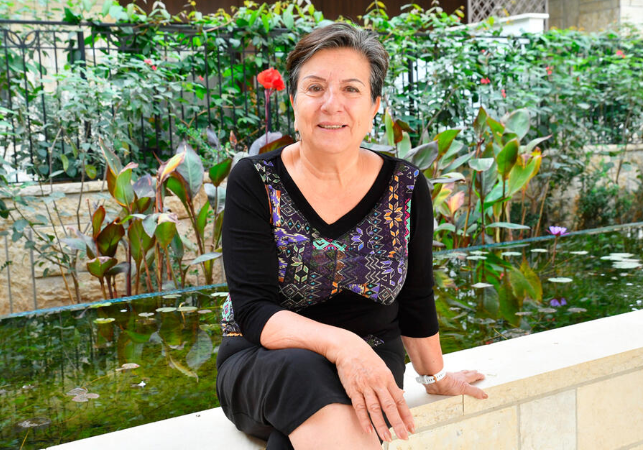Israeli Bank Refuses to Accept Retiree’s Bitcoin Profits

[ad_1]
Israel’s Hapoalim Bank refused to accept $273,000 from 70-year-old retiree Esther Freeman’s Bitcoin (BTC) profits. The bank states that it cannot accept the amount due to regulatory policies.
Amid uncertainty on crypto regulations, Esther Freeman has been waging a legal battle against the Hapoalim Bank since 2021.
Israeli Citizen Bank
Freeman and Israel’s second-largest commercial bank finally agreed to settle a two-year-old dispute. Each party should pay their own legal fees as a part of the settlement. However, the exact terms of the agreement are not yet known.

In 2021, Freeman, who has been a client of Hapoalim Bank for 40 years, sued her bank for refusing to accept the deposits from her Bitcoin profits.
Freeman’s principal investment amount had increased more than a hundredfold since she first purchased Bitcoin in 2013.
Freeman invested 10,000 shekels (approx $2,700) in Bitcoin (BTC) via a third party in 2013. At the time, digital asset exchanges were not widely available. Therefore, Freeman could not simply buy her Bitcoins through a crypto exchange like she does today.
Read our detailed guide on how to choose a crypto exchange here
According to a CTech report, by July 2021, when Bitcoin was trading at around $58,000, her investment was worth almost 1 million shekels (approx $273,000).
Why Did Bank Refuse Deposits?
In its defense, the bank argued that it failed to accept the amount under the terms of its regulations. In addition, Freeman’s Bitcoin purchase at the time was not made by a regulated or monitored company, but by an individual in cash.
The regulations require banks to conduct appropriate risk assessments, establish policies and track a digital asset’s journey from acquisition to fiat money.
According to the bank:
“It is not possible to trace the path of the money related to the purchase [of Bitcoin].”
The bank can approve such deposits only in cases where buying and selling digital currencies come from the same account. That is why the bank did not accept Freeman’s Bitcoin profits.
Last year, the Bank of Israel’s Banking Regulatory Department issued a draft regulation responding to increased consumer transactions involving digital assets such as Bitcoin. This was intended to address concerns about combating money laundering and terrorist financing.
As a part of its fight against crypto money laundering and terrorist financing, the country recently seized $1.7 million in cryptocurrency from wallets funding the Iranian Hezbollah militant group. In May 2023, the Israeli authorities seized the Binance accounts used by the militant organizations Hamas and the Islamic State.
Got something to say about Esther Freeman’s Bitcoin profits or anything else? Write to us or join the discussion on our Telegram channel. You can also catch us on TikTok, Facebook, or X (Twitter).
For BeInCrypto’s latest Bitcoin (BTC) analysis, click here.
Disclaimer
In adherence to the Trust Project guidelines, BeInCrypto is committed to unbiased, transparent reporting. This news article aims to provide accurate, timely information. However, readers are advised to verify facts independently and consult with a professional before making any decisions based on this content.
[ad_2]
Source link
